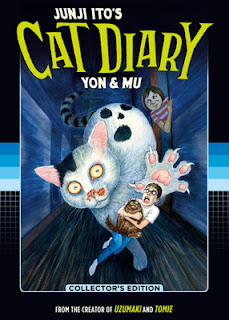Tie-in fiction can often be a little hit and miss, and from what I've read of BioWare's offerings that supplement the games has often left me feeling somewhat let down. But then, on the other hand, I love the lore, can spend hours picking it apart, so there is that. And it's for this reason that I'll dig into the supplementary content because let's be honest, who has time to game much these days.
I will admit that Mass Effect Andromeda was my starting point with the ME games, which is possibly not the best place to dig into the franchise, but there we have it. And while MEA didn't hit me with a cosmic 2x4 the way Dragon Age Inquisition did, I still enjoyed the game, glitchy as it was. As a noob to the ME world, I will also admit that I didn't have an established context for half the details taken for granted by others.
There's a lot of potential for content in the ME games, and I vaguely recall that the two books that tie in with MEA were meant to supplement the main storyline – and in Annihilation by Catherynne M Valente, we discover the fate of the Quarian Ark, the Keelah Si'yah.
The plot is very much a case of 'let's make a list of anything that can and will go wrong on a space-faring vessel' ... and then some. And considering when the novel came out, it was, ahem, oddly prescient in investigating how people deal with a pandemic. Part 'whodunnit', part MacGuyver-style quest, our desperate team must battle against the spread of a deadly disease and lack of resources, all while a metaphorical clock is counting down. No one ever said colonisation was easy, and if you're 600 light years out from your home world, there are no do-overs. You must make do, instead.
This was my introduction to most of the races that I didn't get to meet in the game, and I particularly loved the elcor doctor Yorrik with a penchant for Shakespeare. I will also admit that I struggled to tell my drells apart from my voluses, so if you've not played any of the games, you may want to visit the Wiki before plunging into Annihilation.
This was, to my knowledge, the first Catherynne M Valente book that I've read – and she's been on my radar awhile now, and I reckon she does a good job with this story. It's a bit slow-moving, I suspect, for some tastes, but I enjoyed the gradual unfolding and ramping up of tension. And ick, the pandemic theme was a little too close to the bone for me. Tom Taylorson does a bang-up job narrating, and I have no complaints there.
While this hasn't been the greatest hit I'm going to crow about in reviews, this was still an enjoyable read for someone who's wanting a better frame of reference for the ME universe. Alas, poor Yorrik.




